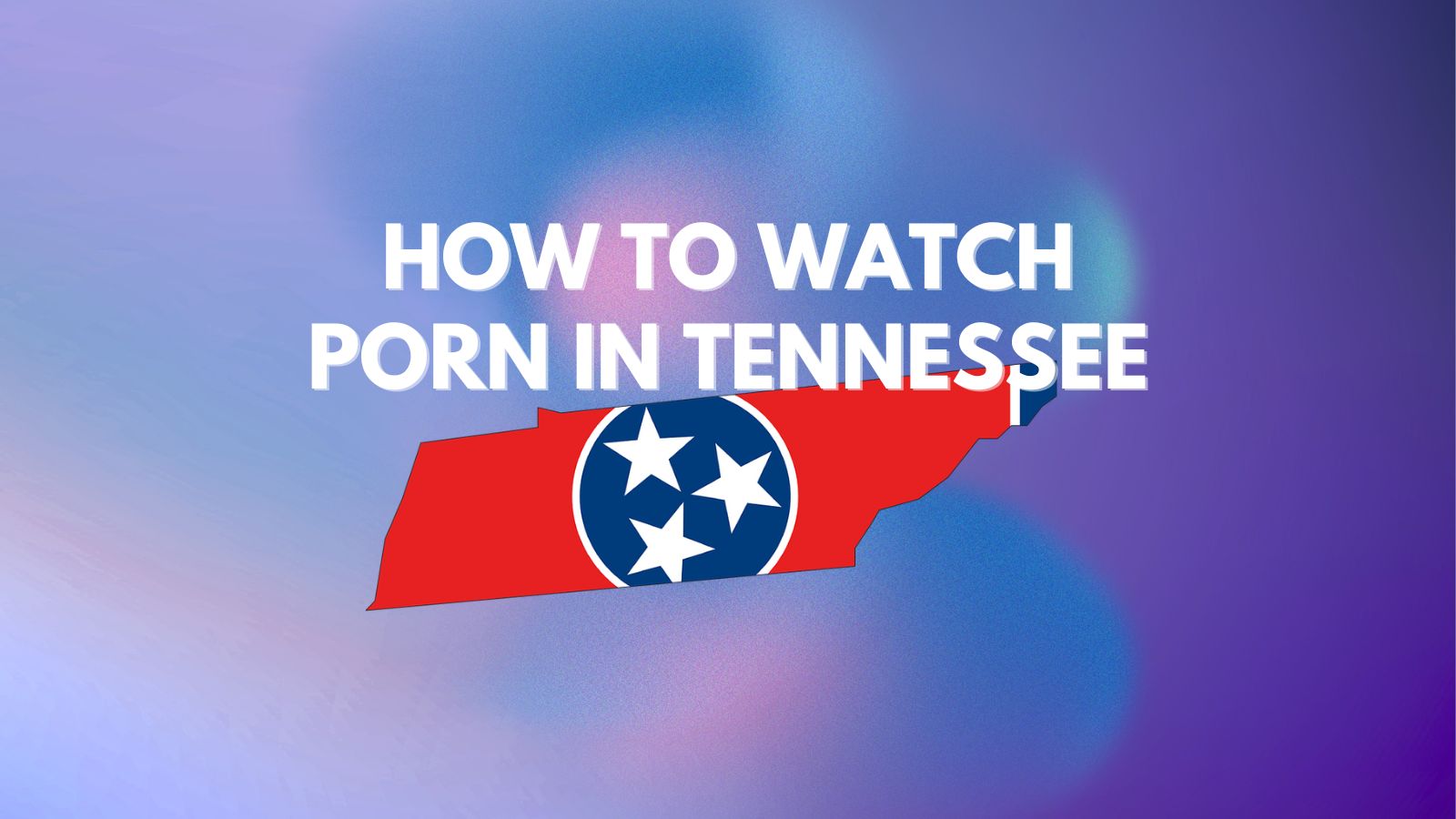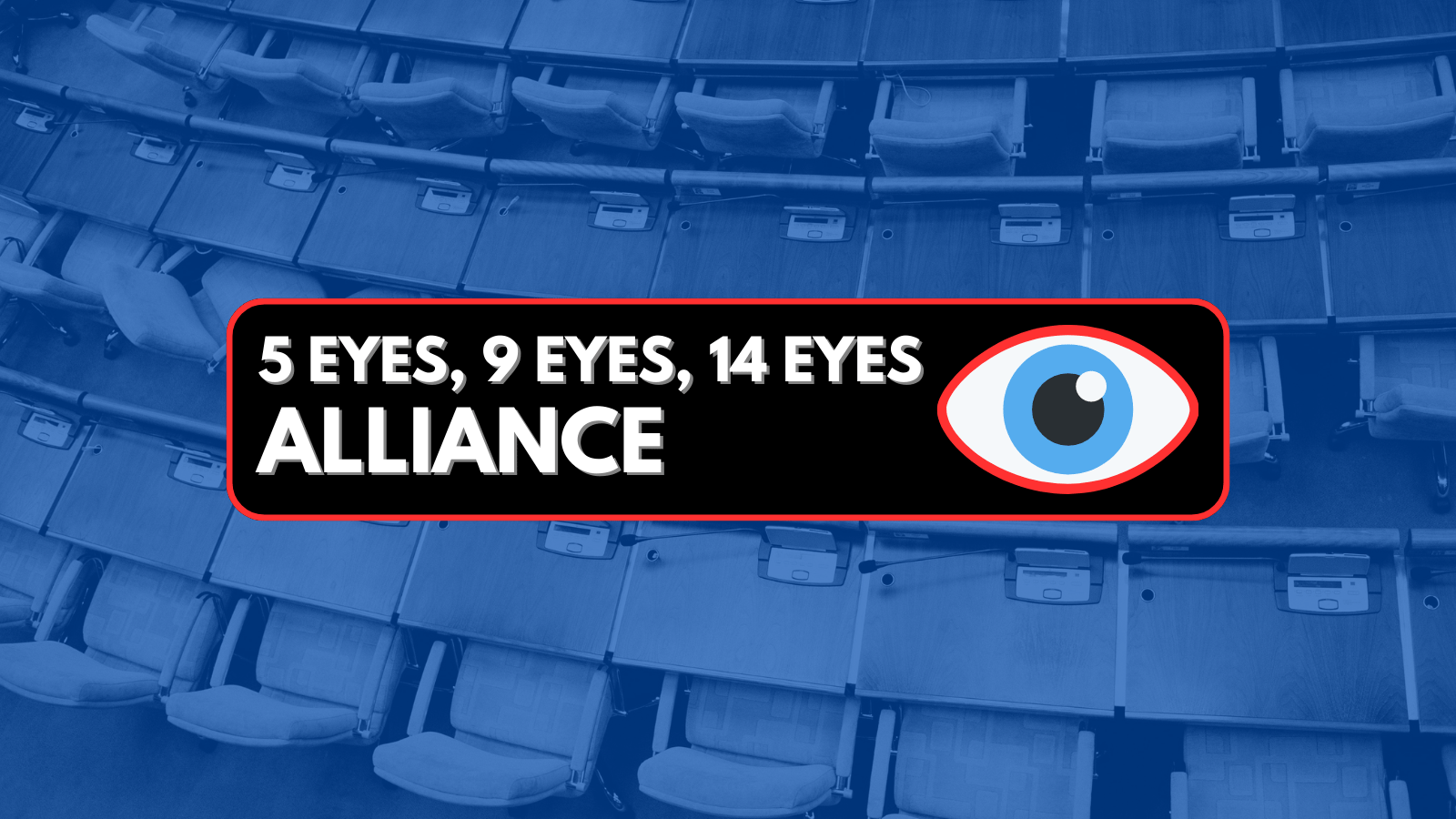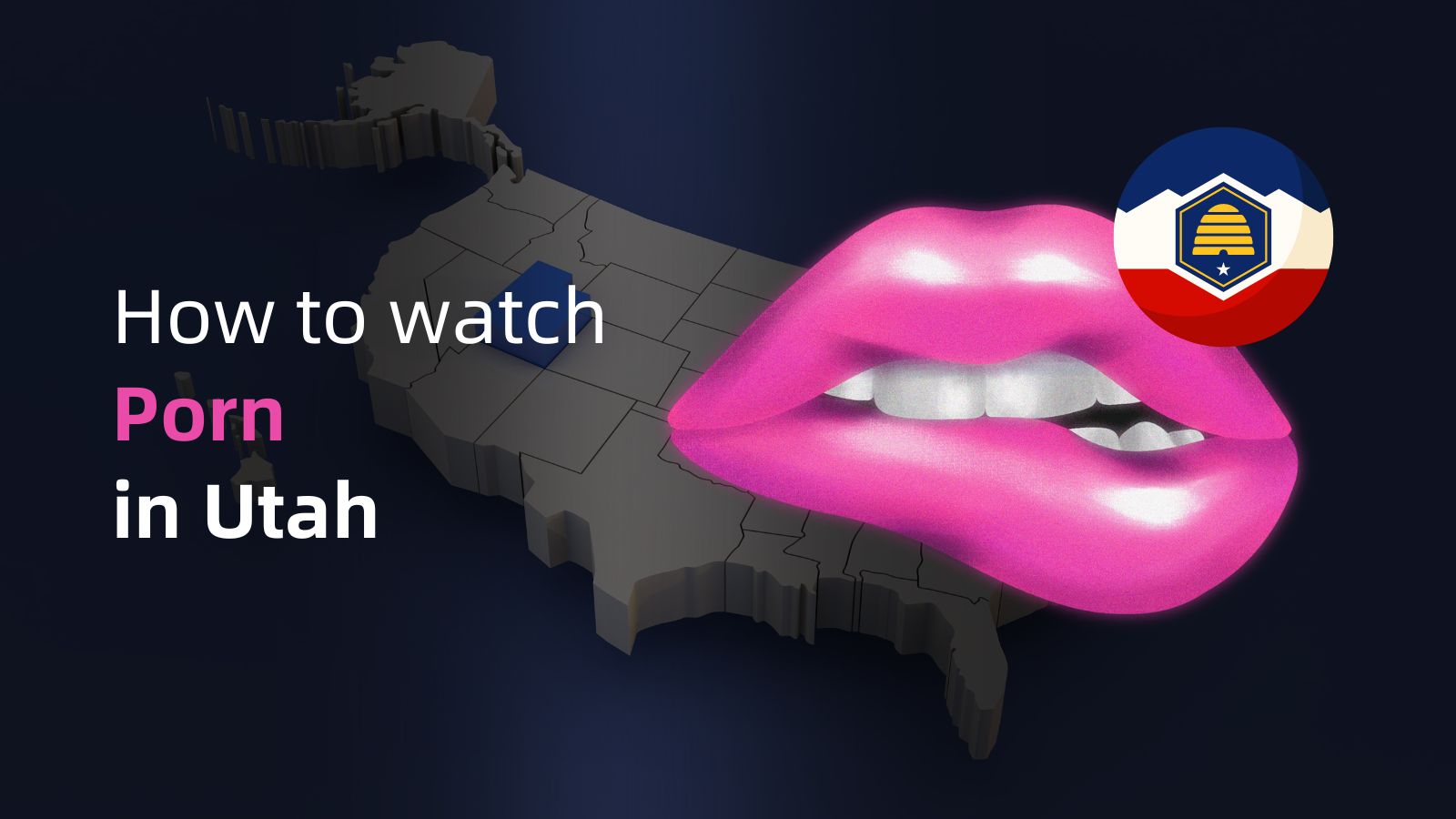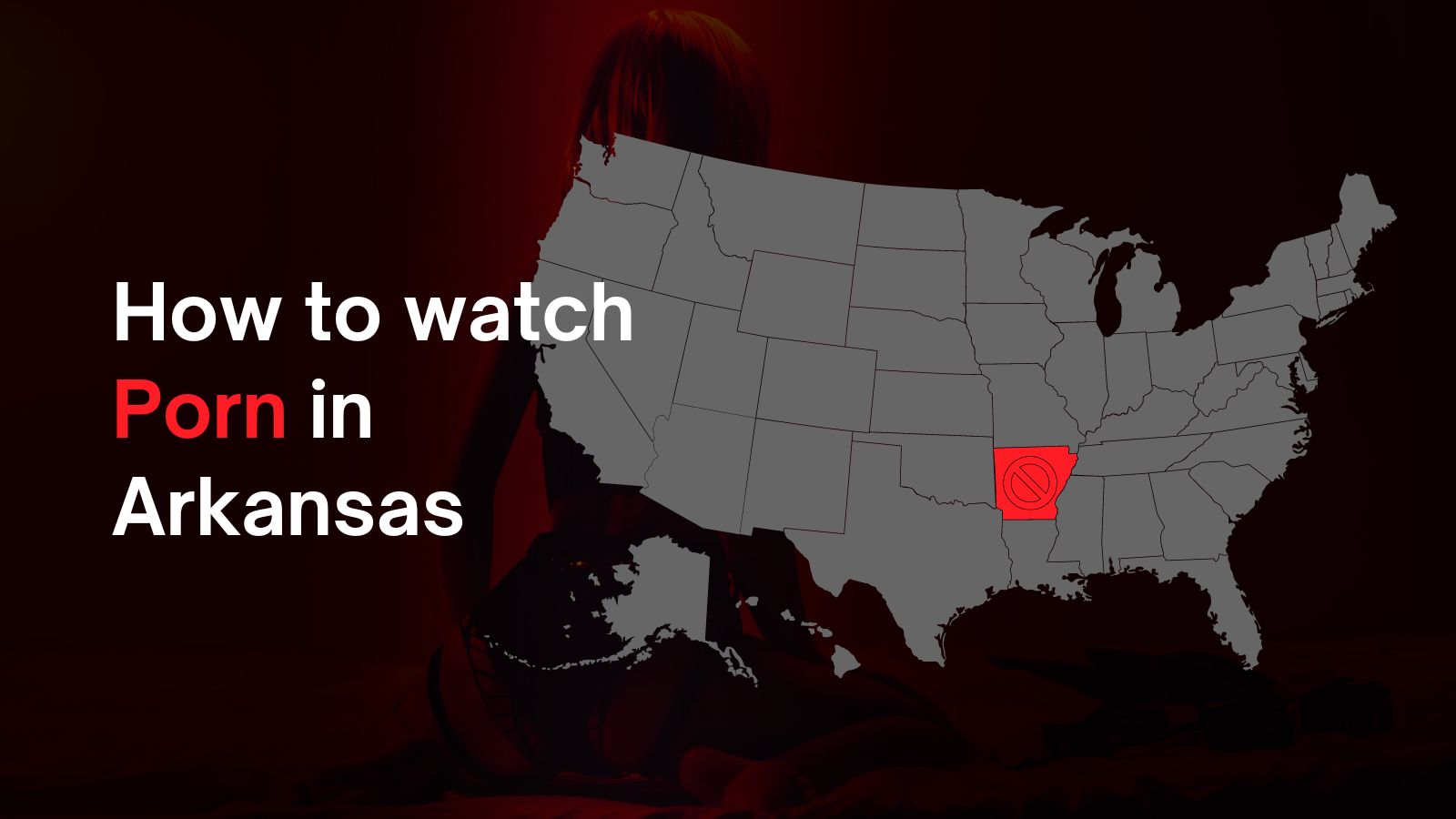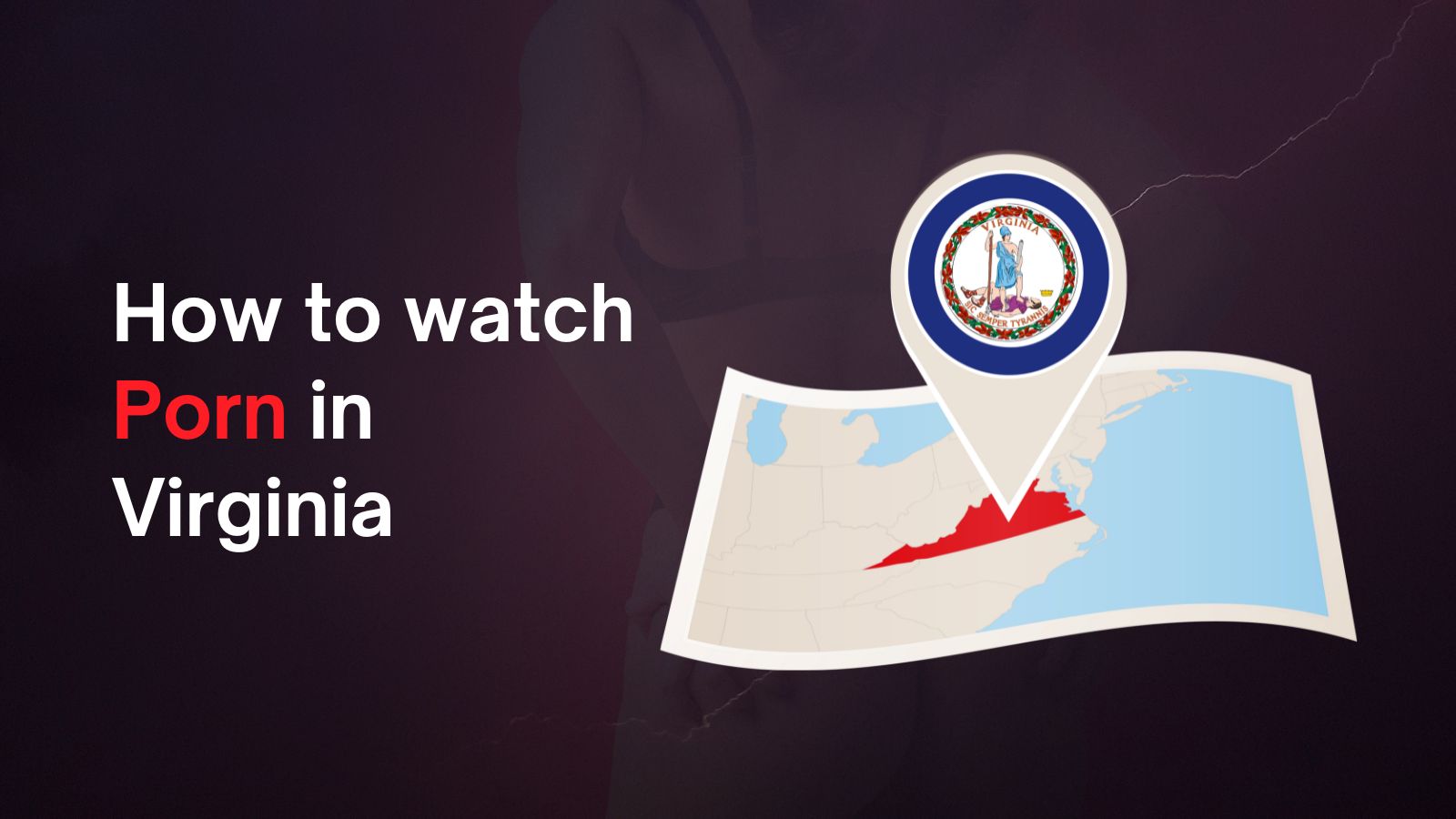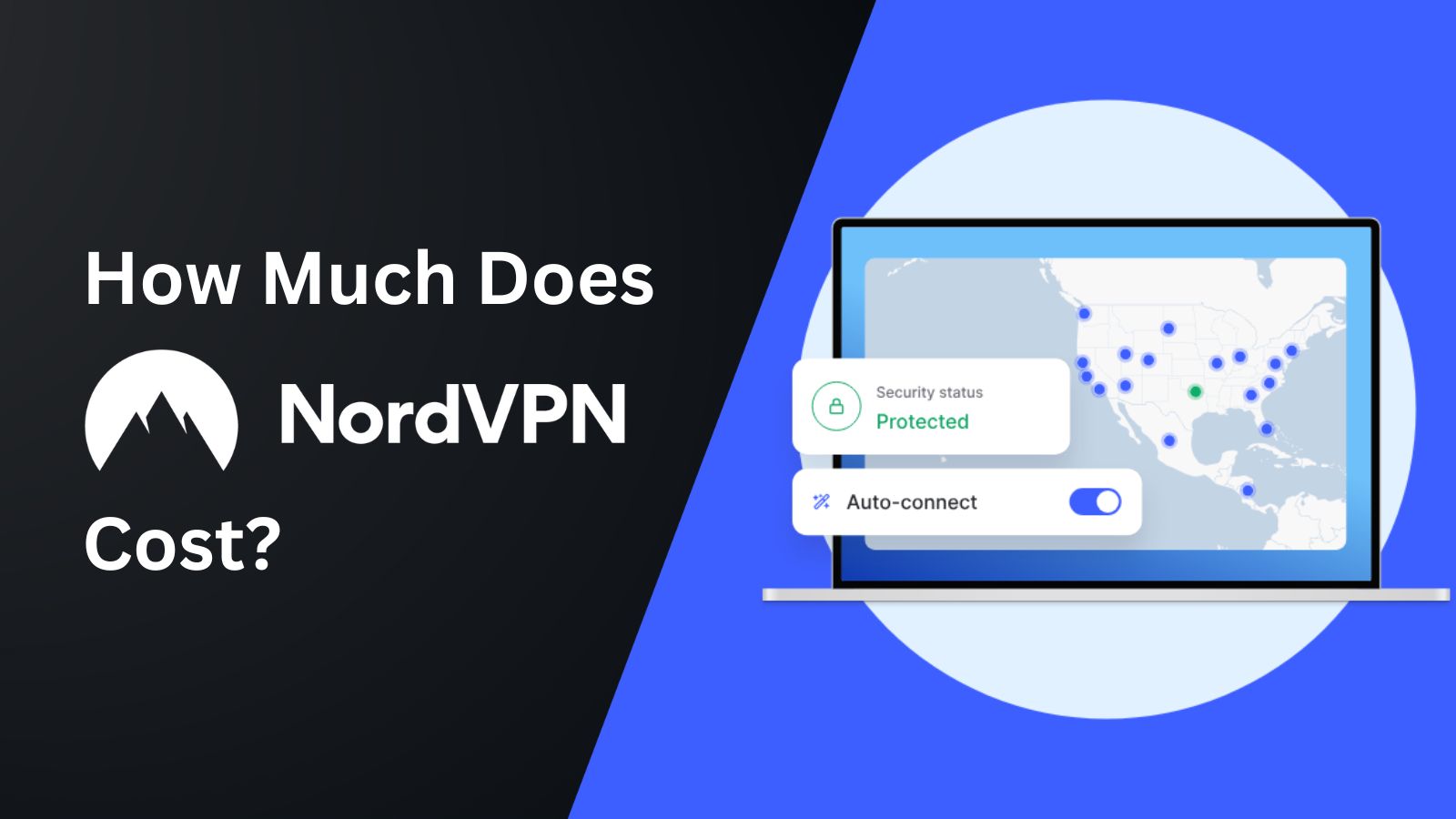
When you purchase through links on our site, we may earn an affiliate commission. Here’s how it works.
What Is VPN on iPhone? Why Do You Need to Use One?
While iPhones are more secure than Android phones, they are not entirely immune to hacking attempts. If you browse the Internet on your iPhone while connected to a public Wi-Fi, such as those found in cafeterias and shops, your data can particularly be at risk. This is where a VPN on an iPhone can come in handy.
A capable VPN with AES 256-bit encryption will make it impossible for hackers to misuse your data. But apart from the security aspect, a VPN on your iPhone can also let you access global content. You can watch shows on Hulu and Disney+ outside the US, access Netflix libraries from different countries, bypass location restrictions on Tinder, and more.
In this article, you’ll learn what a VPN is and why you should use a VPN on an iPhone. With that, we’ll take you through the steps of using a VPN and setting it up on your iPhone 11, 12, 13, 14, and 15. Furthermore, we’ll also discuss common considerations before choosing one. In the end, you’ll get answers to some common questions regarding iPhone VPNs.
What Is a VPN on an iPhone?
A VPN on an iPhone is an app that secures your Internet connection by encrypting your data. This turns your Web data into unreadable code, meaning nobody, not even your ISP, can intercept it. At the same time, a VPN also hides your IP address by routing your network traffic through a remote server in a different location.
To achieve this, VPNs use different protocols and encryption algorithms, which are a set of instructions that determine how your data gets transmitted. The most common protocol among these is OpenVPN, which uses unbreakable AES 256-bit encryption.
Now, you might ask, is it necessary to use a VPN? Well, using a VPN on an iPhone is not necessary, but it is highly recommended, especially if you care about your privacy. If you connect to a VPN, you can enjoy additional benefits like access to global content and bypassing geo-restrictions on apps like Tinder.
Should You Use a VPN on Your iPhone?
Yes, you should use a VPN on your iPhone because it helps secure your Web connection. With hackers carrying out more sophisticated attacks, there is a growing concern for security and privacy among smartphone users.
It is true that hackers target Windows or Android devices more often because of their popularity. Due to this reason, there is a misconception that iOS devices cannot be hacked. The truth is that iPhones are just as susceptible to cyber attacks as other devices. Using a VPN on an iPhone can mitigate such risks to some extent.
But even if you get a VPN on an iPhone, following the general VPN security practices is important. Otherwise, you may end up blowing up your privacy. Examples of unsecure practices include downloading untrusted apps on a jailbroken iPhone and publicly posting your sensitive information on social media.
Why Do You Need a VPN on Your iPhone?
You need a VPN on your iPhone to enhance your online security, privacy, and freedom. A VPN helps shield your data from prying eyes. Hence, it is recommended to get a VPN on an iPhone if you're concerned about cyber threats, want to access geo-restricted content, or want increased Internet privacy,
Let’s look at some of the benefits of using a VPN on your iPhone.
Connect Safely on Public Wi-Fi
Public Wi-Fi networks, often found in cafes, airports, and hotels, are convenient but not always secure. A VPN on your iPhone encrypts your data, making it unreadable to hackers and cybercriminals.
This encryption ensures that personal information, like passwords and credit card details, remains private, even when connected to an unsecured public network.
Browse Home Sites While Traveling
Traveling abroad often means facing geo-restrictions and censorship. With a VPN on your iPhone, you can bypass censorship and other barriers.
By connecting to a server in your home country, you regain access to your favorite websites and services just as if you were back home. This feature is handy for accessing local news, streaming services, and social media platforms.
Enhance Your Online Privacy and Security
VPNs enhance your digital privacy and security by hiding your IP address and encrypting your online activities. This is where VPN encryption algorithms and VPN protocols come into play.
Encryption shields your data from ISPs, governments, and other third parties. On the other hand, VPN protocols determine how a secure tunnel is formed and how fast your data goes through it.
Access & Stream Geo-Blocked Services
A VPN on your iPhone allows you to bypass geographical restrictions imposed by streaming services. By changing your virtual location, you can unlock content from different regions.
Whether it's a Netflix series only available in the US or a sports event broadcast in a specific country, a VPN makes it accessible.
Bypass Restrictions at School and Office
Schools and workplaces often restrict access to specific websites and online services by blacklisting. A VPN can help you circumvent firewalls.
Routing your Internet connection through a different server allows you to freely access blocked sites and services, ensuring uninterrupted browsing and streaming during your breaks.
Bypass ISP Throttling
Internet Service Providers (ISPs) sometimes throttle Internet speeds based on your activity, especially during streaming or large downloads. A VPN helps you bypass ISP throttling by hiding your online activities from your ISP.
Save Money When Shopping Online
Online prices can vary based on your location. Retailers often offer different prices to customers in different regions, a practice known as price discrimination.
Using a VPN on your iPhone allows you to change your virtual location to find better deals and discounts, potentially saving you money on flights, hotels, and online shopping.
How to Use a VPN on an iPhone or iPad
You can use a VPN on an iPhone or iPad by downloading a VPN app, setting it up, and connecting to a server. It's a straightforward process with a few simple steps.
- Subscribe to a reliable VPN service (we recommend NordVPN).
- Download and Install the VPN app from the App Store.
- Open the app and sign into your account.
- Follow the on-screen setup instructions.
- Select a server location of your choice.
- Tap the “Connect” button to turn on the VPN.
Generally, you don’t need technical knowledge to set up a VPN on iOS devices. That is because when you download a VPN app, it automatically gets set up when you open it for the first time. All you have to do is allow the necessary permissions. However, manually setting up a VPN can require some technical knowledge.
How to Manually Set Up a VPN on an iPhone or iPad
You can manually set up a VPN on an iPhone and iPad from the device’s settings. This method applies to the newer iPhone models, including iPhone 11, 12, 13, 14, and 15. Follow the steps below to set up a VPN in iPhone settings manually.
- Open the iOS settings app on your iPhone or iPad.
- Navigate to the ‘General’ tab and open it.
- Find and tap 'VPN & Device Management.'
- Tap 'VPN,' then select 'Add VPN Configuration.'
- Enter the details for your VPN, such as server, remote ID, and credentials.
- Save your configuration.
- Return to the 'VPN' screen and toggle the VPN switch to 'On.'
Remember, to properly configure a VPN on an iPhone, you have to enter all the details very accurately. Otherwise, you won’t be able to establish a VPN connection successfully.
What to Consider When Choosing a VPN on Your iPhone?
When choosing a VPN on your iPhone, it is essential to consider various factors, including its server network, ability to unblock content, no-logs policy, protocols, obfuscation, kill-switch, performance, and simultaneous connections. Money-back guarantees and customer support also hold importance.
That said, let’s look at each of these considerations in detail.
- Server Network Size: A vast network of servers means more options for geo-spoofing and better chances of finding a fast, nearby server.
- Ability to Unblock Censored/Geo-Blocked Content: Whether streaming platforms or censored websites, the VPN should offer a seamless browsing experience.
- No-Logs Policy: A strict no-logs policy is crucial for privacy. This means the VPN provider doesn’t track or store your online activities.
- VPN Protocols and Encryption: The best VPNs for iPhone use AES-256 encryption and a range of secure protocols (WireGuard, OpenVPN, IKEv2).
- Obfuscated Servers: In simple terms, obfuscation hides the fact that you are using a VPN by masking your traffic. This allows unrestricted Internet access. Obfuscated servers are beneficial in regions with heavy internet censorship.
- Kill Switch and Split Tunneling: A kill switch prevents data exposure during connection drops, while split tunneling allows specific apps to bypass the VPN.
- Performance and Speed: The VPN should maintain the speed of your connection. Fast speeds are essential for uninterrupted streaming, gaming, and browsing.
- Simultaneous Connections and Supported Devices: Check the number of devices you can connect simultaneously. This feature is crucial if you use the VPN on multiple devices.
- Money-Back Guarantees: This option allows you to test the VPN service risk-free and ensures customer satisfaction.
- Customer Support: Efficient and responsive customer support is vital for troubleshooting and guidance.
Should You Turn a VPN On or Off on Your iPhone?
You should turn on a VPN on your iPhone because it secures your connection and protects your data. In fact, it is recommended to always keep it on when you’re connected to the internet. For this reason, you need a VPN that has no data cap.
However, in some cases, you may want to turn the VPN off, especially if it is massively reducing your Internet speed. So, let’s look at some scenarios in which you would want to turn on and turn off a VPN on your iPhone.
Here are some situations when you should turn on a VPN on your iPhone:
- Using Public Wi-Fi: To protect your data on unsecured networks.
- Handling Sensitive Data: When dealing with private information to ensure security.
- Bypassing Censorship: Accessing restricted content or bypassing geo-restrictions.
- Online Shopping: To avoid price discrimination based on your location.
It is better to turn off the VPN on your iPhone in the following situations:
- Using Banking Apps: Some banking apps may not function properly with a VPN.
- Conserving Mobile Data: VPNs can use more data, which is a consideration if you have limited data plans.
- When Speed is a Priority: If the VPN slows down your connection, especially during streaming, it is better to turn it off.
Can You Use a VPN for Free on Your iPhone?
Yes, you can use a free VPN on an iPhone, but such VPNs have many limitations. All you have to do is download a free VPN on your iPhone and connect to its servers. However, free VPNs have lower speeds, fewer servers, and data caps. They also often have poor privacy practices, such as selling user data to advertising agencies.
That said, finding a free iPhone VPN that is capable and trustworthy is challenging. The better approach to using a VPN on an iPhone for free is to find a capable VPN free trial. You can test the VPN over a fixed period and later subscribe to it if you like their services.
Final Thoughts
A VPN on an iPhone can help protect your privacy on the Web and keep your data secure. It also hides your IP address, letting you bypass geo-restrictions and reach more content. However, it is crucial to choose a capable VPN that offers all the right features.
With that, if you want to use a VPN on an iPhone, you can set it up manually or download a VPN app. The latter does not require a manual setup. For this, we recommend NordVPN because it is incredibly secure and offers high-speed servers. Furthermore, its iPhone app is quite user-friendly, making it suitable even for first-time VPN users.
We hope this article answers all your questions about using a VPN on an iPhone. Feel free to share your experience with us in the comments below.

